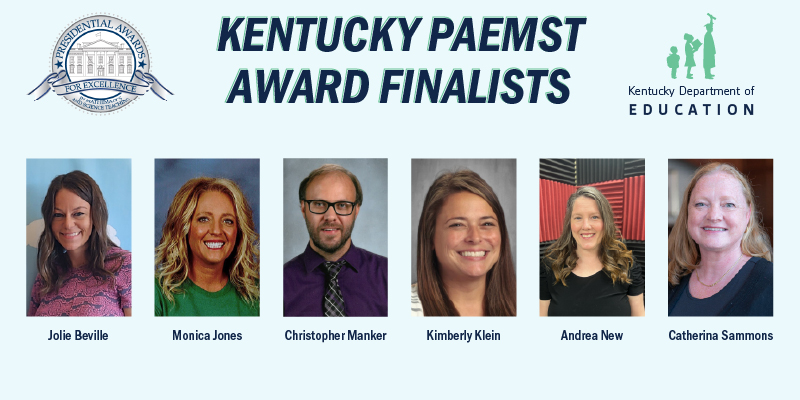By Justin McFadden
justin.mcfadden@louisville.edu
Teachers from several western Kentucky school districts recently completed the first year of a Math and Science Partnership project called ASSESS – Assessments of Science Enabling Successful Students – funded by the Kentucky Department of Education. The project is designed to develop a bank of high-quality, elementary/middle science formative assessments.
Kentucky’s Academic Standards for Science, in line with the Next Generation Science Standards, set forth a vision for teaching and learning in K-8 classrooms that likely look and feel different than past science education reform efforts. The project team, which is being lead by two partnering universities (CRiMSTED and PIMSER), worked with teachers, curriculum coordinators and administrators from multiple elementary and middle schools during the course of the 2016-17 school year.
Project participants, with support from the faculty and staff of CRiMSTED and PIMSER, have been developing, implementing and analyzing multidimensional, classroom-embedded assessments. In line with what we now know students are capable of doing when learning experiences are designed to help them make sense of the world around them, teachers in the project have started to realize how formative assessments can inform their classroom instruction.
Formative assessments elicit student ideas/thinking about a scientific topic (e.g. magnetism) and give teachers the opportunity to recognize and possibly correct student misconceptions that may have developed during everyday life experiences.
Formative assessments are particularly useful when it comes to the various science and engineering practices that now drive teaching and learning in K-12 science classrooms. Instead of requiring students to simply understand and remember a variety of widely-accepted scientific concepts, instruction and assessments should be designed with the realization that children develop conceptual understanding over time and they engage more fully with learning experiences that connect to their everyday lives, which is incorporated in the Guiding Assumptions of the Framework for K-12 Science Education.
Christina Morrison, a 3rd-grade teacher from Crofton Elementary School (Christian County) who is involved with the Math and Science Partnership, frequently tells her students that “we’re scientists, and we have to think like scientists and talk like scientists.” She also noted that in the past she felt like she needed to emphasize science vocabulary words. As a result of her work on the project, she more readily creates learning environments that require her kids to think and do, not just remember.
The driving force behind ASSESS has been what are known as assessments for learning. After being introduced to a protocol and process for creating formative assessments, participating teachers have pushed the project team to refine the protocol and reconsider the types of supports they need to continue designing and implementing classroom-embedded, multidimensional science assessments.
The protocol – which is a variation of the classroom-embedded assessments being promoted by the state’s new science assessment system – operates under the premise that formative assessments should assess student thinking at key “hinge-points” during an instructional sequence. As a result of discussing and analyzing self-created formative assessments, teachers are beginning to realize classrooms striving to meet the aims of the Next Generation Science Standards need dynamic assessments capable of uncovering student thinking/learning as they demonstrate variations of the major practices scientists and engineers enact in their professional lives (e.g. asking questions or designing solutions).
During multiple, two-day professional development experiences during the past school year, teachers and administrators learned more about what multidimensional learning experiences look like by discovering the benefits of phenomenon-driven learning. In line with assessments for learning, teachers involved in the project have realized the importance of designing lesson plans that engage students in active, collaborative learning driven by teacher questions and meaningful classroom discussions about student ideas and learning. Additionally, teachers are beginning to understand the value of providing feedback when students are asked to demonstrate their learning via multidimensional tasks.
Both participating teachers and project leadership realize generating, implementing and analyzing the utility of formative assessments is ongoing and iterative. The project continues through the 2017-18 school year, as the teachers and administrators continue to learn about, promote and utilize multidimensional formative assessments.
Participating teachers also are taking on leadership roles at their respective schools. By fostering and developing a new understanding for what science instruction and assessment can look like in K-8 classrooms, the project team is aiming to build capacity within schools that will continue beyond the life of the project.
Justin McFadden is an assistant professor of science education at the University of Louisville in the Department of Early Childhood Elementary Education. He works with pre-service and in-service teachers throughout Jefferson County and the Commonwealth. McFadden’s work revolves around helping teachers translate the Next Generation Science Standards into action in the classroom.




Leave A Comment